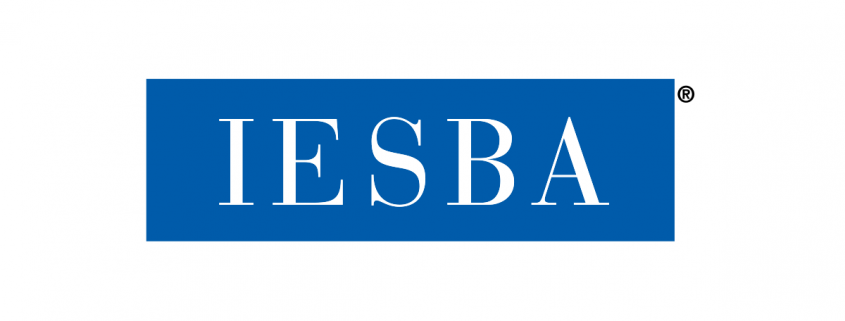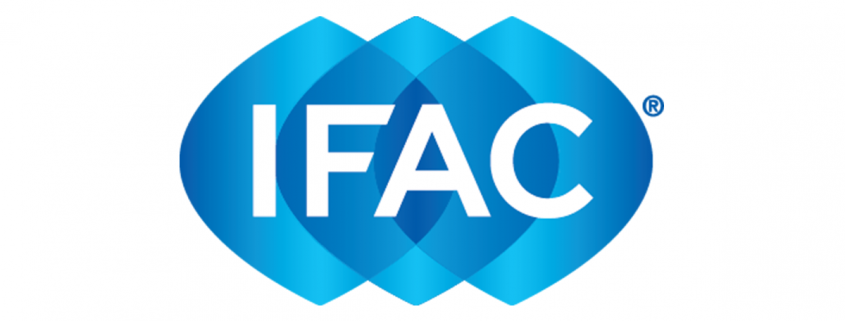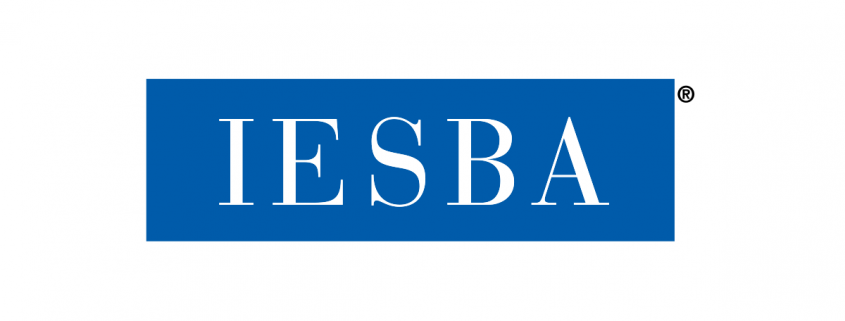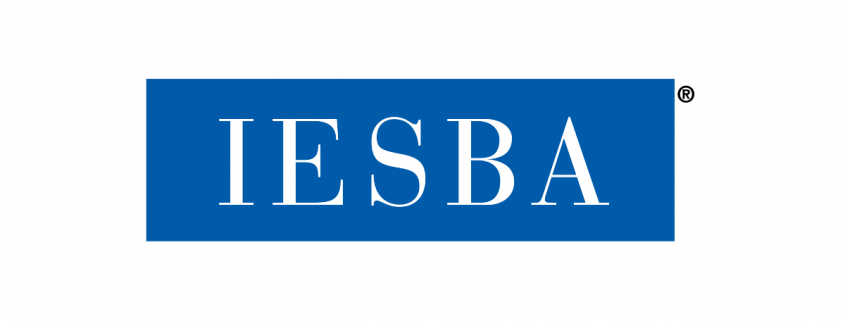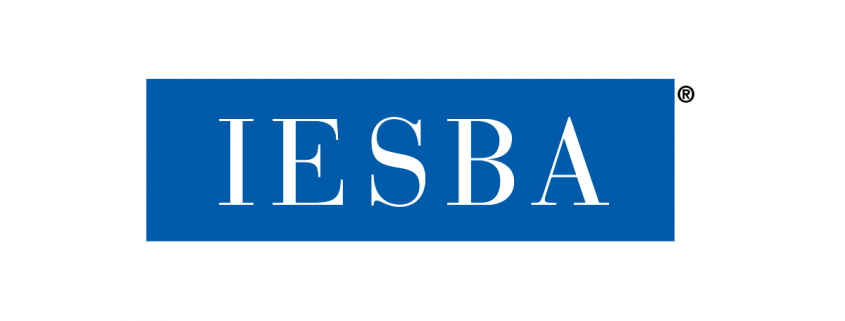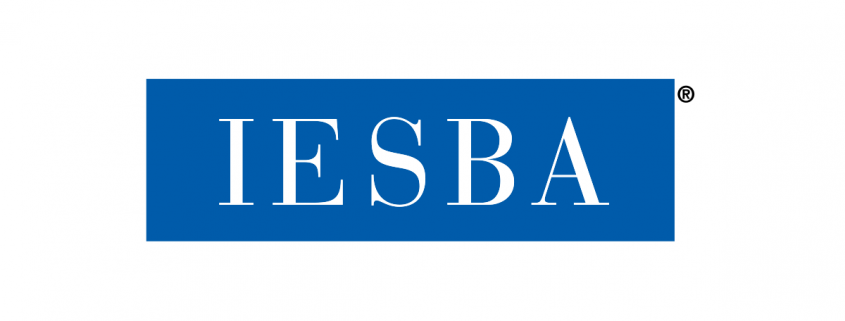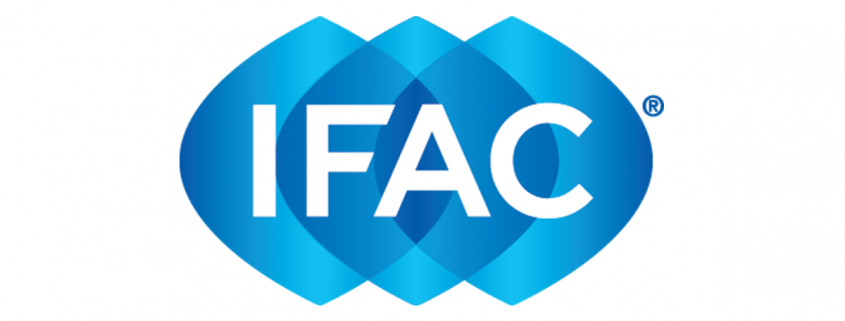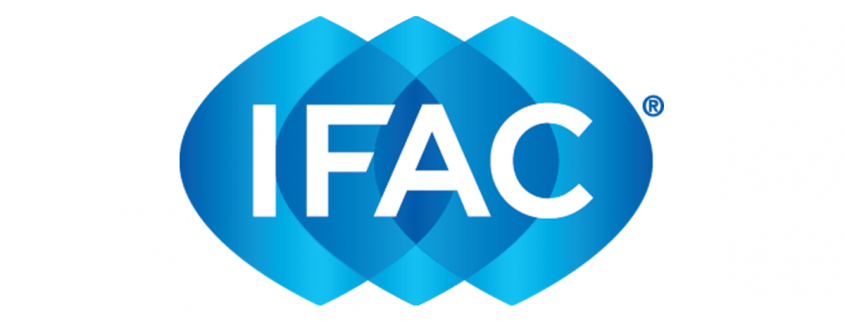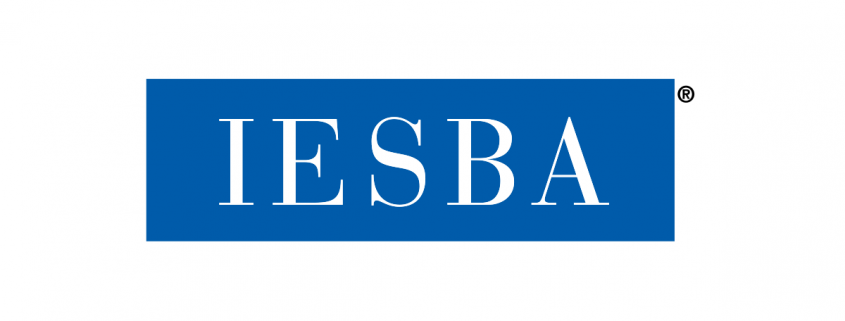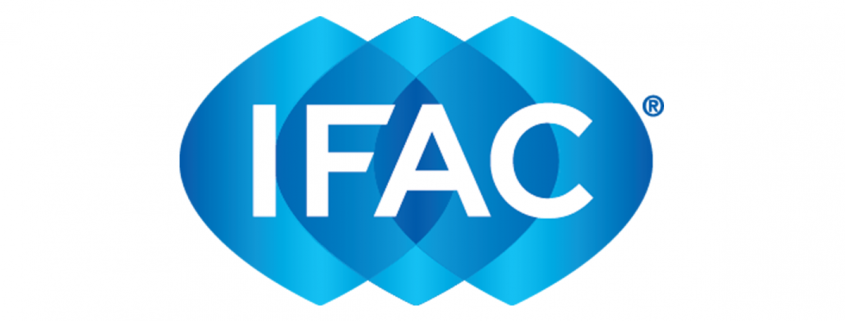The Ukraine Conflict: Key Ethics and Independence Considerations
This Staff Alert highlights the ethical implications arising from the wide-ranging economic sanctions many jurisdictions have imposed on Russia and certain Russian entities and individuals as well as Belarus, and the related ethical responsibilities of PAIBs and PAPPs under the Code. It also highlights: Key ethics considerations for PAIBs in relation to the preparation and…

